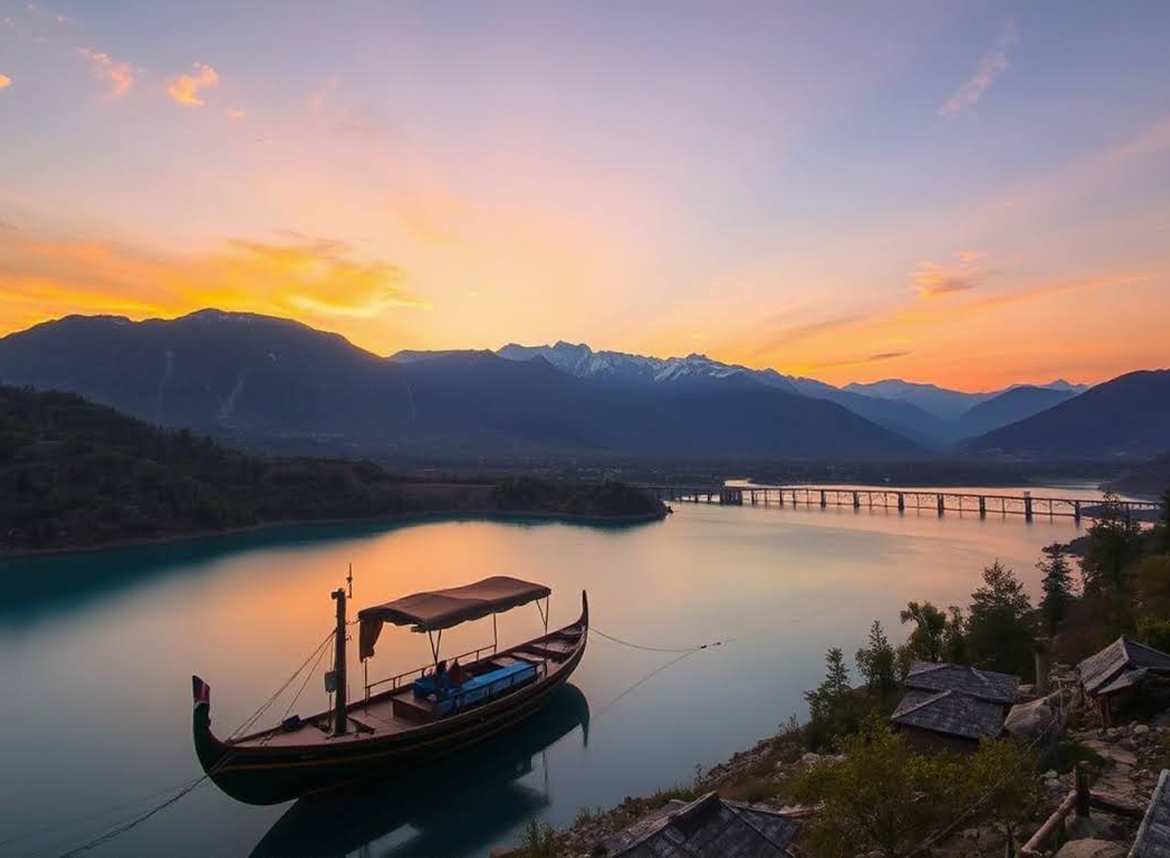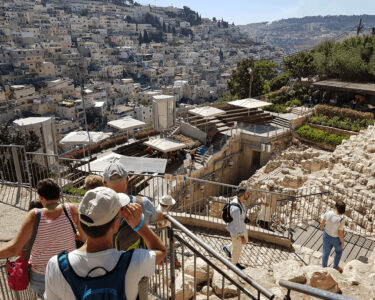Tourism in Pakistan has long been a topic of promise, potential, and, unfortunately, missed opportunities. Known for its diverse landscapes, rich history, and warm hospitality, Pakistan is a treasure trove waiting to be discovered. For years, however, political instability, security concerns, and inadequate infrastructure have held the tourism industry back. Yet, with stability slowly taking root and renewed efforts from the government, Pakistan is finally poised to make tourism a vital part of its economy. The key lies not only in attracting tourists but also in creating a sustainable tourism model that benefits local communities, protects the environment, and preserves cultural heritage. Sustainable tourism isn’t just a buzzword; it’s a practical roadmap to ensure that the beauty, culture, and resources of Pakistan can be enjoyed by generations to come.
Tourism has proven to be a major economic driver for many countries, creating jobs, supporting local businesses, and bringing in much-needed foreign exchange. But tourism must be handled with care. Without proper planning, an influx of visitors can strain resources, damage ecosystems, and disrupt local communities. Pakistan has a unique opportunity to avoid the pitfalls of mass tourism by planning for sustainable growth from the outset. It has everything a tourist would want—breathtaking mountains, historical sites, vibrant cities, and unique cultural festivals. However, to attract visitors in a way that respects these resources, Pakistan needs to focus on strategies that promote sustainable, responsible tourism.
One of Pakistan’s primary challenges in tourism has been infrastructure. For many travelers, getting to and around Pakistan can be challenging due to limited air connectivity, inadequate roads, and outdated facilities. Sustainable tourism can only be achieved if tourists have easy access to comfortable, safe, and efficient transportation and accommodation options. The government and private sector need to work together to develop infrastructure that is environmentally friendly and capable of handling increased tourism without harming local ecosystems. Pakistan could take inspiration from eco-friendly destinations like Costa Rica, where solar-powered lodges, effective waste management, and controlled foot traffic help preserve natural beauty and biodiversity. Establishing a network of green-certified hotels, eco-lodges, and sustainable transport options would go a long way toward creating a reputation for Pakistan as an eco-conscious destination.
Preserving and promoting cultural heritage is equally important. Pakistan is home to an impressive number of ancient sites, from the ruins of Mohenjo-daro to the Buddhist monasteries in Taxila and the Mughal architecture in Lahore. These sites offer a glimpse into Pakistan’s rich history and cultural diversity. However, they require careful management to prevent damage from overcrowding and lack of upkeep. By implementing controlled access, guided tours, and educational programs, Pakistan can help tourists understand the significance of these places while ensuring their preservation. Partnering with UNESCO and other heritage organizations could also provide valuable resources and expertise in managing these priceless assets.
Pakistan’s tourism revival also hinges on engaging local communities. Often, tourism is seen as an external industry, where the benefits rarely trickle down to the people living in tourist areas. But sustainable tourism can empower local communities by creating opportunities for them to participate in and benefit from the industry. For example, training programs in hospitality, guiding, and artisanal crafts can provide employment while enriching the tourist experience. Homestay programs and community-based tourism initiatives, which allow tourists to experience local life firsthand, could be especially popular in Pakistan’s scenic northern regions, such as Hunza and Swat. This approach not only creates economic benefits but also fosters a sense of pride and ownership among locals, encouraging them to take an active role in preserving their natural and cultural heritage.
In addition to building infrastructure and involving communities, environmental protection is a critical component of sustainable tourism. Pakistan’s northern areas are a paradise for adventure and nature enthusiasts, with dramatic landscapes and unique biodiversity. However, these delicate ecosystems are vulnerable to degradation from increased foot traffic, pollution, and waste. Introducing eco-friendly practices, such as waste management systems, limits on visitor numbers in sensitive areas, and education programs about environmental conservation, could help minimize the ecological footprint of tourism. Implementing these practices in collaboration with local environmental organizations would ensure that tourists enjoy nature responsibly, preserving Pakistan’s natural beauty for future generations.
Marketing plays a major role in shaping perceptions and attracting tourists. Pakistan’s image abroad has often been clouded by misconceptions about safety and stability, but the country’s recent strides in improving security are a reflection to its commitment to creating a welcoming environment for travelers. Social media campaigns, travel documentaries, and partnerships with travel influencers can help change this narrative and show the world the many sides of Pakistan—from the bustling bazaars of Lahore to the serene lakes of Skardu. By highlighting Pakistan’s unique blend of culture, history, and adventure, these campaigns can position Pakistan as a must-visit destination. But marketing should also emphasize Pakistan’s commitment to sustainable tourism, attracting travelers who value responsible, eco-friendly experiences.
Educational outreach is another strategy that could be invaluable in creating a sustainable tourism culture. Many Pakistanis may not fully understand the importance of sustainable tourism or the potential it has to positively impact their lives and communities. Public awareness campaigns that educate people about the benefits of responsible tourism, conservation, and hospitality could foster a nationwide culture of hospitality and pride in Pakistan’s natural and cultural heritage. When local communities understand the benefits of sustainable tourism, they’re more likely to support and contribute to its success, whether by participating in tourism themselves or by promoting responsible practices among visitors.
Lastly, government support and policy reform are essential to the success of sustainable tourism in Pakistan. The government’s role goes beyond building roads and promoting destinations. Effective regulations, incentives for eco-friendly businesses, and a framework for managing tourism-related environmental impact are all needed to make sustainable tourism a reality. Pakistan’s government could offer tax incentives to businesses that implement green practices or support training programs for sustainable tourism. The establishment of a dedicated tourism body that oversees policy implementation, environmental protection, and community engagement would provide a cohesive strategy for the sector’s growth.




